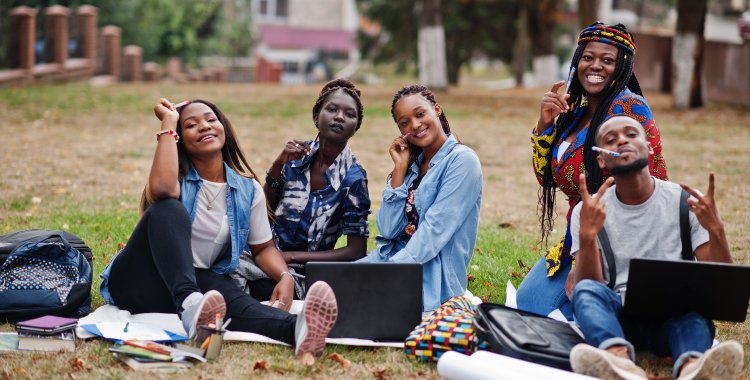The study, prepared between 2021 and 2023, also shows that young people are much less engaged than older people in civic and political activities likely to bring about change, including voting in elections, but their contact with local leaders has increased.
Unemployment is the top political priority that young people aged 18 to 35 want their governments to address, followed by economic management.
On both issues, according to the study, the majority of young people, in most of the countries covered, consider that their Government is not performing well.
Compared to older generations, young people have less trust in government institutions and leaders and are more likely to consider them corrupt, according to published research.
Despite this, the study indicates that young Africans are committed to democracy and oppose non-democratic alternatives, including military rule, like their elders, but are particularly dissatisfied with the way democracy works in their countries and, in In the hypothetical case of elected leaders abusing their power, they are more likely to accept military intervention than their elders.
The results indicate that around two-thirds (64 percent) of young people aged 18 to 35 have at least secondary education, compared to 35 percent of those aged 56 and over.
In relation to the countries of Portuguese-speaking Africa, 67 percent of young people in Angola and São Tomé and Príncipe are unemployed or looking for a job. In Mozambique the rate is 60 percent and in Cape Verde it is 41 percent of young people.
In the 39 countries surveyed, on average, only 19 percent, two young people in every 10, say that their Government is good at creating jobs.
Like their elders, 64 percent of young Africans support democracy, 80 percent reject authoritarian alternatives such as a one-man government, 78 percent reject a one-party government and 65 percent reject a military government.
However, 60 percent, six in 10 young people, are not satisfied with the way democracy works in their country.
Some 56 percent of young people are also more willing to tolerate a military takeover if elected leaders "abuse their power."
Young people are less likely than older citizens to vote in elections (63 percent versus 84 percent for older people), to identify with a political party (37 versus 45 percent), to participate in a community meeting (43 versus 54 percent) and joining others to discuss a problem (39 versus 45 percent).
However, the study indicates that, although low, young people's contact rates with traditional chiefs, communal councilors, political party leaders and members of parliament have increased since 2014/2015.
Afrobarometer is a pan-African, non-partisan research network that produces data on Africans' experiences and assessments of democracy, governance and quality of life. Since 1999, nine rounds of surveys have been carried out.







